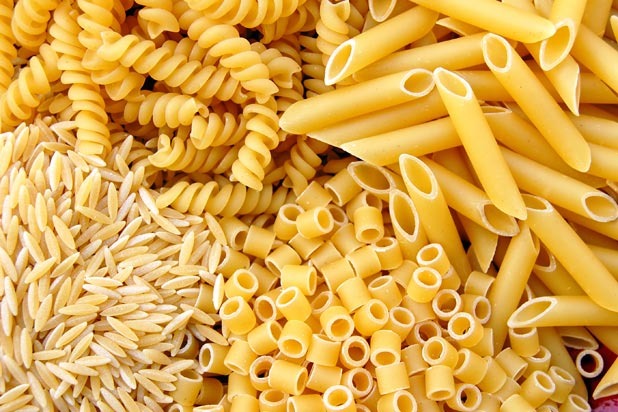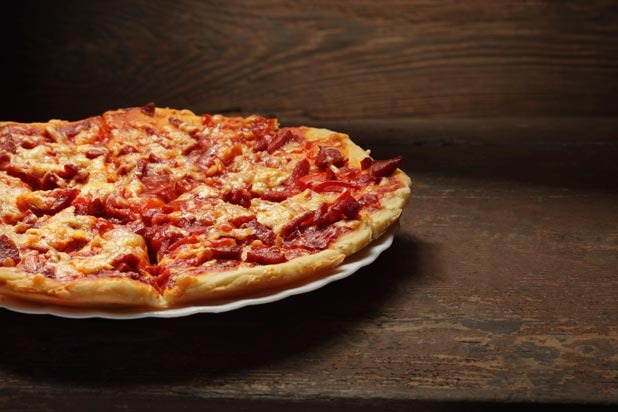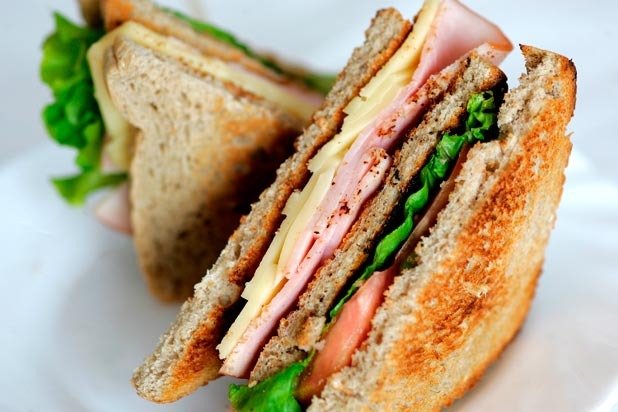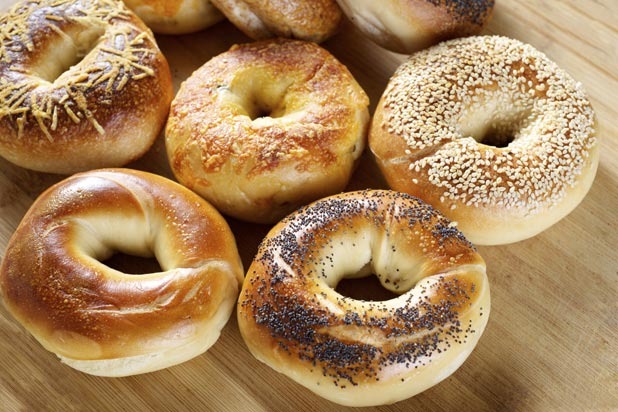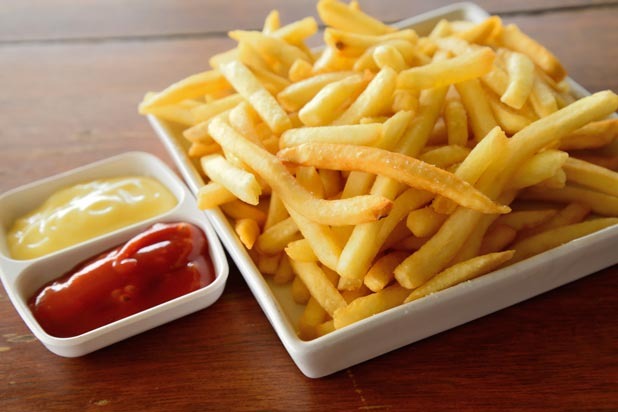Why Is Bacon Called Bacon? And Other Food Name Origins (Slideshow)
The word "bacon" actually has a fairly lengthy back story, but the word itself has the same Old French origin as the word "back," according to the Oxford English Dictionary. Back bacon is commonly found in England and is comprised of the loin with a small amount of belly attached.
Pasta
Pasta is obviously an Italian word, and its origins date back to the ancient Greeks, who used the word pastos to refer to anything salted. The word morphed into pasta and came to mean barley porridge, and then the Romans took the word and used it to refer to any type of dough. The noodles that we refer to as pasta today didn't make their way to Italy until the Arabs introduced it to Sicily in the ninth century.
Pizza
The word pizza has the same origins as the word pita; they both date back to the Greek word pitta, meaning "solid," and the later Latin verb pìnsere, meaning "to press." When you look at the way that dough is pressed down and flattened, it makes a lot of sense.
Cheese
The earliest form of cheesemaking dates back more than 5,000 years, but the earliest known word for cheese is the Latin caseus. As the years went on and the Romans began to make hard cheese (as opposed to soft, fresh cheese), they added a second word to describe it, formatus, meaning "formed." Hence the Italian word for cheese, formaggio.
Bread
Bread is one of the oldest prepared foods known to man, and the word bread itself is an Old English word. It dates back to the earliest Germanic languages, with a root that originally meant either brew (as in letting the dough ferment like beer before baking), or break (as in broken pieces of bread).
Sandwich
John Montagu, the fourth Earl of Sandwich, is largely credited with being this food's namesake. While eating meat in between two slices of bread was initially more the domain of the lower classes (as a drinking food), the English aristocracy had appropriated it as a late-night snack by the 1700s. While this type of food was originally just called "bread and meat" or "bread and cheese," the Earl's friends took a shine to his regular requests for one in order to play cards one-handed, and began to ask the butler for "the same as Sandwich!" And a legend was born.
Bagel
By the late 1600s, bagels were one of the most popular foods in the Polish city of Krakow, where they were first invented. According to Merriam-Webster's Dictionary, the spelling at the time was bajgiel, from the Yiddish beygl, from the Middle High German böugel, from the Old High German bouc, which meant, not surprisingly, "ring."
Butter
The earliest word for butter was the Greek bouturon, meaning "cow cheese." From there the Romans picked it up and started calling it butyrum, and it's not too difficult to see how that word became butter.
Hamburger
It's common knowledge that the hamburger was named after the city of Hamburg, Germany. In the 1600s, Hamburg's port was a main stop for ships coming from Russia, and Russians brought recipes for chopped steak tartare with them to the city. While the cooked patty version became fairly popular in Hamburg, the word hamburger was actually coined by restaurant owners in New York, in order to lure in recent German immigrants looking for a taste of home.
French Fries
While it's debated as to exactly when folks began taking large quantities of fat and deep-frying sticks of potatoes in it, there's no debate that it began in Belgium. Belgian cuisine was assimilated into that of neighboring France, and soon enough "french fried potatoes" became popular in the U.S., first appearing in English in 1856. There's a rumor that "French" actually refers to the way the potatoes are sliced, but the food item actually predated the technique known as 'frenching.' The U.S. is one of the only countries that calls them French fries; they're chips in England, frites in France, and patatas fritas in Spain.

